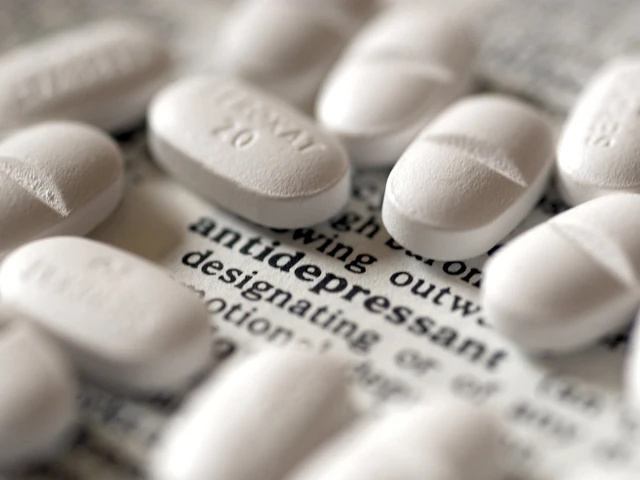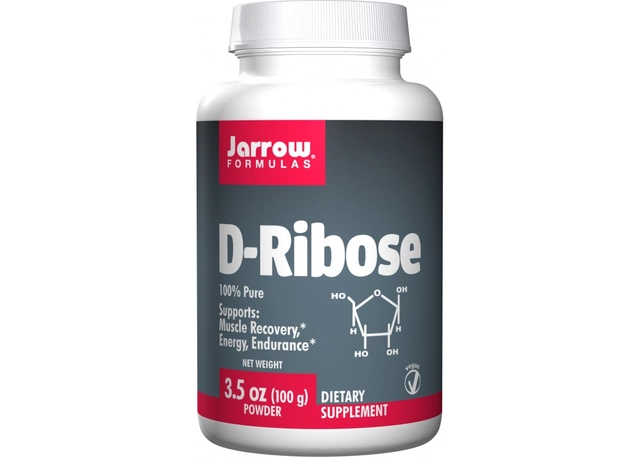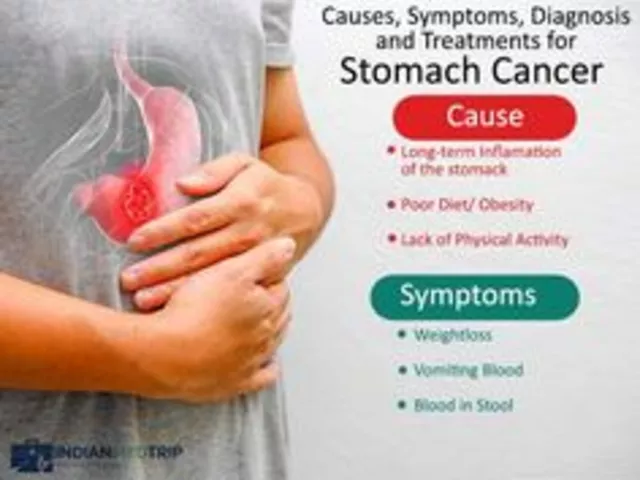Thyroid deficiency: what it feels like and what to do
Feeling tired, cold, and heavier than usual? Those could be signs of thyroid deficiency (hypothyroidism). Many people brush off these symptoms as stress or aging, but low thyroid function changes how your whole body works. This guide cuts straight to what causes it, how doctors test for it, and easy steps you can take right now.
Common causes and symptoms
Hashimoto’s thyroiditis — an autoimmune attack on the thyroid — is the top cause in developed countries. Other reasons include iodine deficiency, certain medicines (like lithium), thyroid surgery, and radiation. Sometimes the problem is temporary after a viral illness or childbirth.
Symptoms vary, but certain patterns should raise a red flag: persistent fatigue, unexplained weight gain, feeling cold when others don’t, dry skin, thinning hair, constipation, slow thinking, and heavier or irregular periods. Older adults might show more confusion or slowed movement rather than classic signs. If you have several of these, ask your doctor about testing.
How testing and treatment work
Your doctor will usually start with a TSH blood test. High TSH plus low free T4 means clear hypothyroidism. If TSH is mildly high but T4 is normal, that’s called subclinical hypothyroidism — sometimes it needs no immediate treatment but does need follow-up. Anti-TPO antibodies check for autoimmune causes like Hashimoto’s.
Treatment is simple in most cases: daily levothyroxine (synthetic T4). The goal is to normalize TSH and ease symptoms. Dosage depends on age, weight, heart health, and how low your thyroid hormone is. After starting or changing dose, expect a blood check in 6–8 weeks and then every few months until stable.
Small practical tips that help: take levothyroxine on an empty stomach 30–60 minutes before breakfast, and avoid calcium or iron supplements within four hours of your pill because they block absorption. Tell your doctor about other meds and herbal supplements — many interfere with thyroid drugs.
Diet won’t cure hypothyroidism, but it can support treatment. Ensure enough iodine (but don’t overdo it), get selenium from nuts or fish, and keep soy and high-fiber meals spaced away from your thyroid pill. Regular light exercise helps energy and weight control.
Special situations: pregnant people need closer monitoring because thyroid needs rise in pregnancy. Older adults and people with heart disease often start on lower doses to avoid stressing the heart.
If symptoms don’t improve despite normal labs, talk to your doctor about causes like poor absorption, wrong timing, or other health issues. Managing thyroid deficiency usually works well with the right dose and simple lifestyle habits, so don’t ignore persistent symptoms—get tested and get moving toward feeling better.




